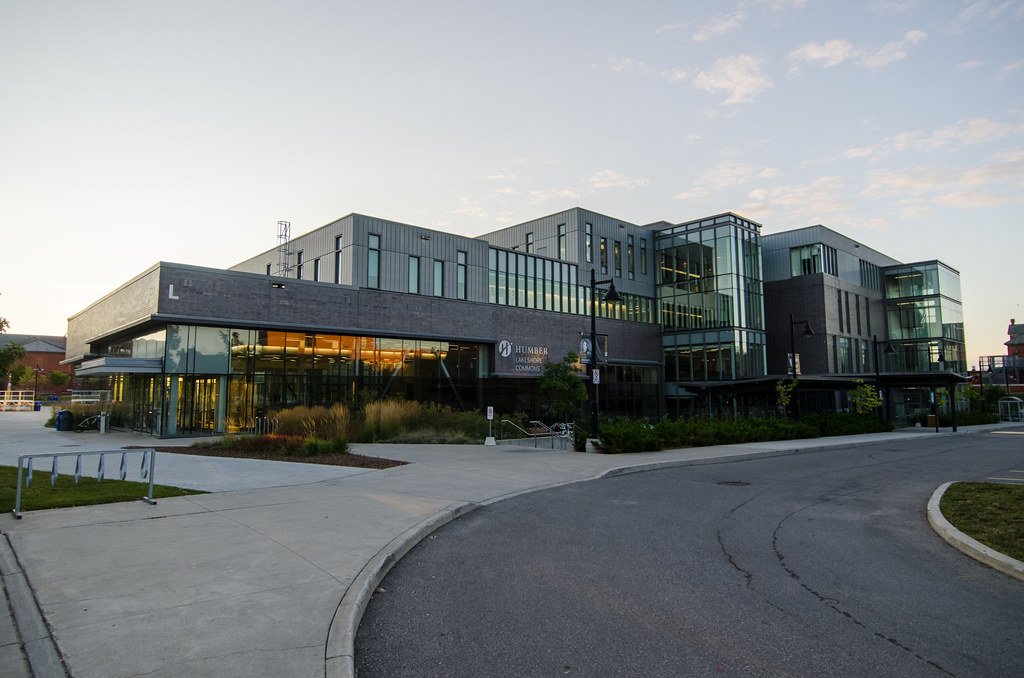Canada's Humber College in Violation of Press Freedom Laws, Students Say

Kyshia Osei, a journalism student at Humber College, a public College of Applied Arts and Technology in Toronto, Ontario, says her school violated Canada’s press freedom laws. Osei was conducting an interview in a campus Starbucks recently when she was approached by an employee. The employee called security, who removed Osei from the shop, and told her to obtain a “Temporary Use Of Space” permit.
Osei surmised that the school’s prerequisite that its journalists get permits to use space violates press freedom laws after she found that nobody could tell her where to obtain said permit. “We were trying to get to the bottom of it all… and we kept getting bounced around between different administrators which was a little frustrating. For us as students, it feels disheartening when you’ve paid thousands of dollars to one of the best schools to get your education and you’re just short of it,” said Osei.
Other journalism students echoed her concerns, as it makes the process of getting a same-day interview likely impossible when students cannot obtain the proper documentation in a timely manner.
The Canadian Association of Journalists (CAJ) called on Humber College to remove the unnecessary rule. “This presents obvious and unacceptable barriers for student journalists," said CAJ president Brent Jolly. "News rarely gives 15 days advance notice, and issues of key importance on campus may not always come with an open invitation to film from campus administration. For an institution that trains the next generation of journalists, this policy is absolutely preposterous."
In fall of 2021, Humber News, which publishes daily and international news by students enrolled in the school’s journalism program, published a searing editorial from its own staff criticizing the amount of red tape and roadblocks present in post-secondary education that prevents student journalists from providing strong work. The article in particular criticized Humber’s attitude toward journalism: “Humber is an educational institution that offers three journalism programs, but there seems to be a lack of knowledge and appreciation of what journalism requires — and the on-campus training that is needed — to be responsible and factual,” the editorial reads.
The backlash prompted Humber College to say it would be getting rid of its Temporary Use Of Space permit for journalism students. “We sincerely apologize for the miscommunication that has led to this situation,” said Derek Stockley, the school’s Associate Vice-President for academics. “Our journalism students are an integral part of our campus community as they report on college news, and we look forward to them continuing to do that important work moving forward.
United States universities have several similar roadblocks in place. A 2019 fellowship survey done at the University of California’s National Center for Free Speech and Civic Engagement found that most colleges and universities are in direct and open violation of American press freedoms. Several require journalists to request permission to be on campus at all. Most have a complete ban on filming, audio recording, or media of any kind to be officially circulated on campus without consulting administration first.
